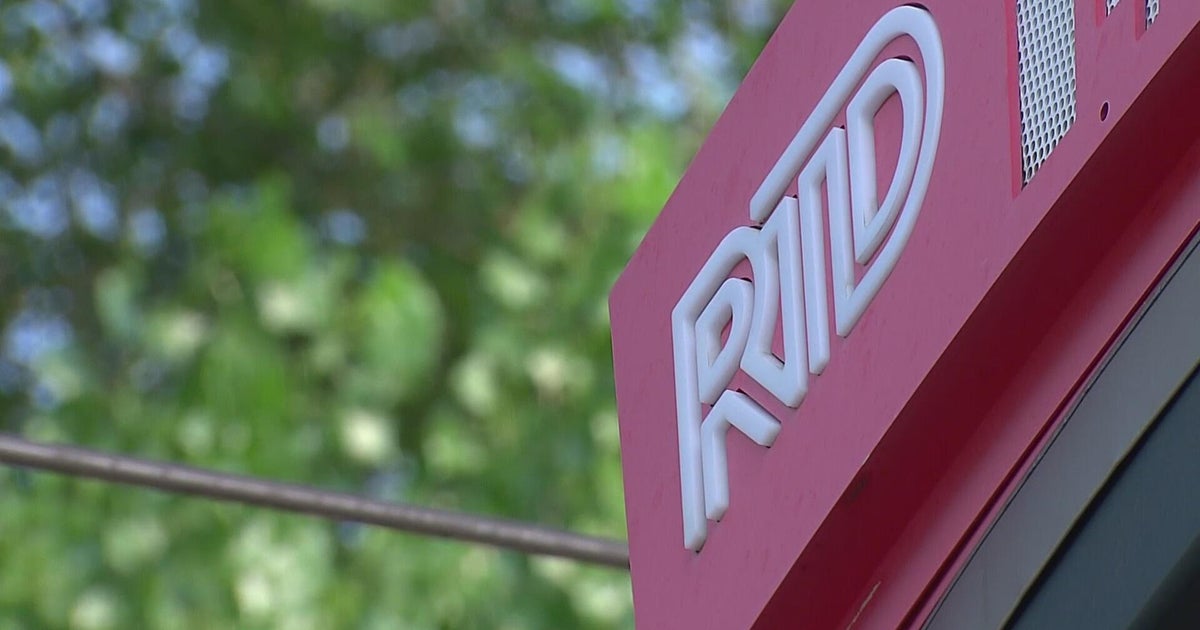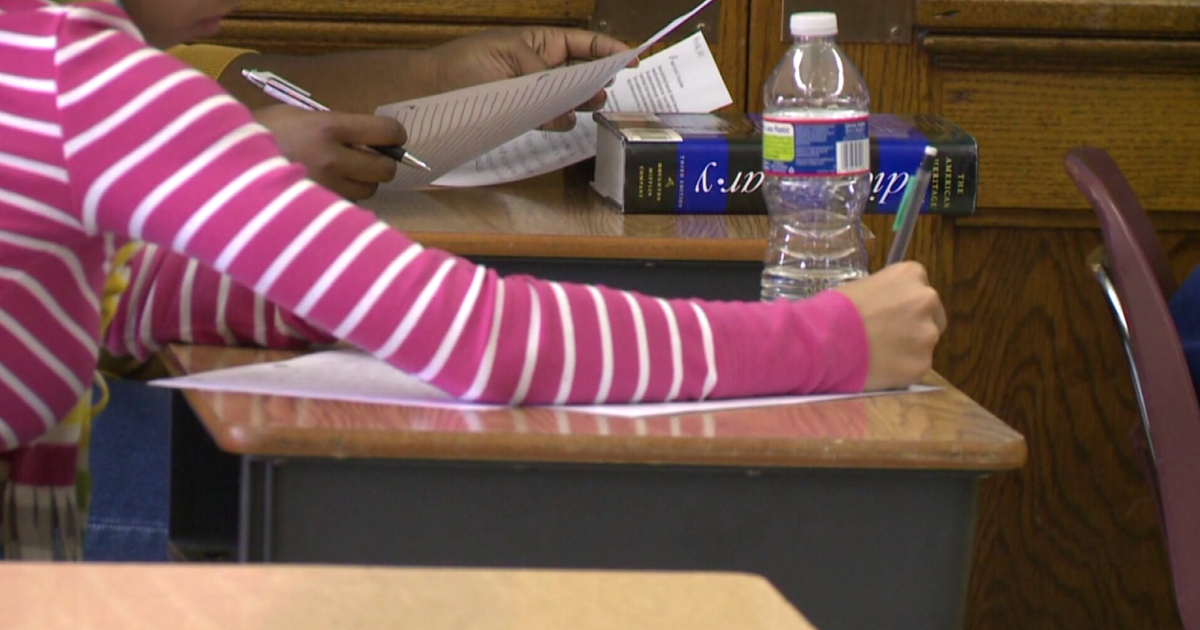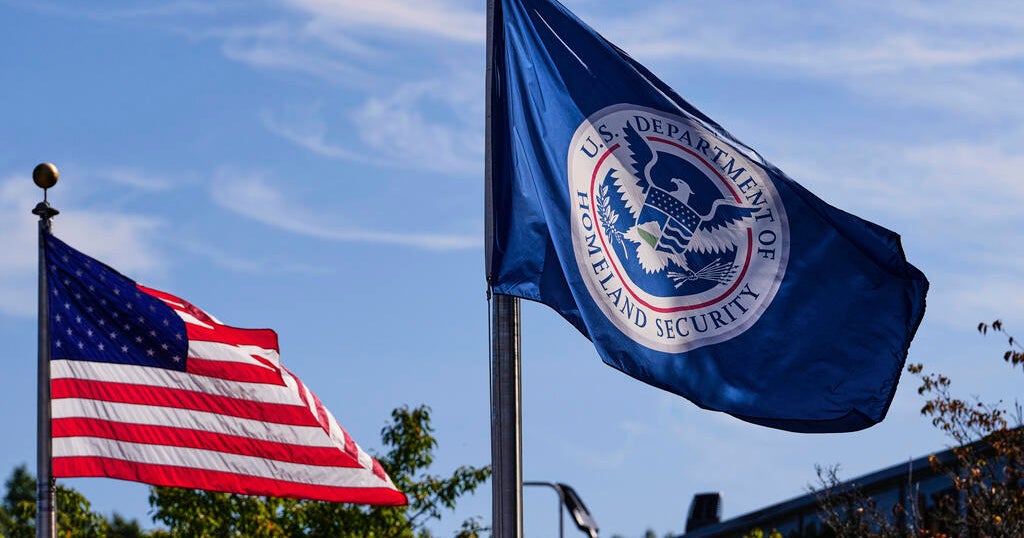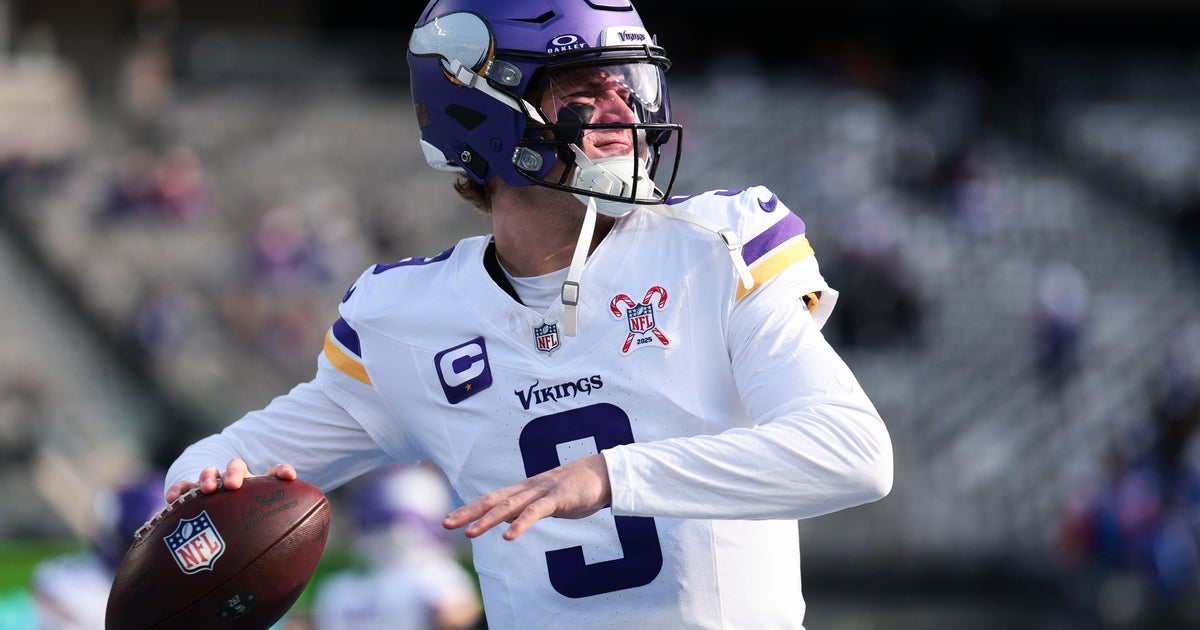Kallas: No Surprise In Mets' Court Decision
By Steve Kallas
» More Columns
Judge Jed Rakoff, as promised, today filed a four-page order summarizing his holdings on motions by both Irving Picard (the Trustee) and the Katz/Wilpon defendants in the once-upon-a-time $1 billion dollar lawsuit in federal court in lower Manhattan.
Judge Rakoff essentially made two holdings: 1) on the Trustee's partial summary judgment motion, that the trustee could recover somewhere up to $83 million from the Katz/Wilpon defendants; and 2) on the defendants' motion to dismiss the entire lawsuit, that the motion would be denied and that the trial would go forward on March 19 as scheduled, with a caveat (again) that it will be very hard for the trustee to prove that the defendants "willfully blinded themselves to Madoff's Ponzi scheme."
TRUSTEE WINS PARTIAL SUMMARY JUDGMENT
This claim has nothing to do with any purported fraud on the part of the defendants. Rather, Judge Rakoff held, as he essentially said he would during oral argument on this motion, that the trustee can recover up to $83 million from the defendants because they received this amount within two years of the bankruptcy filing over and above their investment. These "net profits," according to Judge Rakoff's prior ruling on September 27, 2011, must be returned to the trustee and the estate.
The one interesting note here is that Judge Rakoff did not rule that the entire $83 million must be paid to the trustee but, rather, that the exact amount (capped at $83 million) and how those payments should be apportioned among the defendants "will be determined in a subsequent order and may require further briefing and oral argument."
DEFENDANTS LOSE MOTION TO DISMISS
The lawyers for the defendants took a shot and tried to have the whole lawsuit dismissed but Judge Rakoff denied that motion. However, he gave great hope to the defendants by stating that he "remains skeptical that the Trustee can ultimately rebut the defendants' showing of good faith, let alone impute bad faith to the defendants."
Judge Rakoff defined the principal issue remaining at trial as "whether the defendants acted in good faith when they invested in Madoff Securities for the two years prior to bankruptcy or whether, by contrast, they willfully blinded themselves to Madoff's Ponzi scheme."
It's hard to believe that the Katz/Wilpon defendants really knew (or even should have known) what was going on here. The best example that this writer has seen would relate to the great pitcher Sandy Koufax, one of Fred Wilpon's best friends. How would Fred Wilpon, if he had any knowledge of such a fraud the magnitude of (the once well-respected) Bernie Madoff's fraud, tell one of his best friends, not a wealthy man, to invest with Madoff. It simply makes no sense.
It certainly seems that Judge Rakoff feels the same way.
But it will be up to a jury, one way or the other (barring a settlement), to make that determination.
The trial is scheduled to start on March 19 in lower Manhattan before Judge Rakoff.







